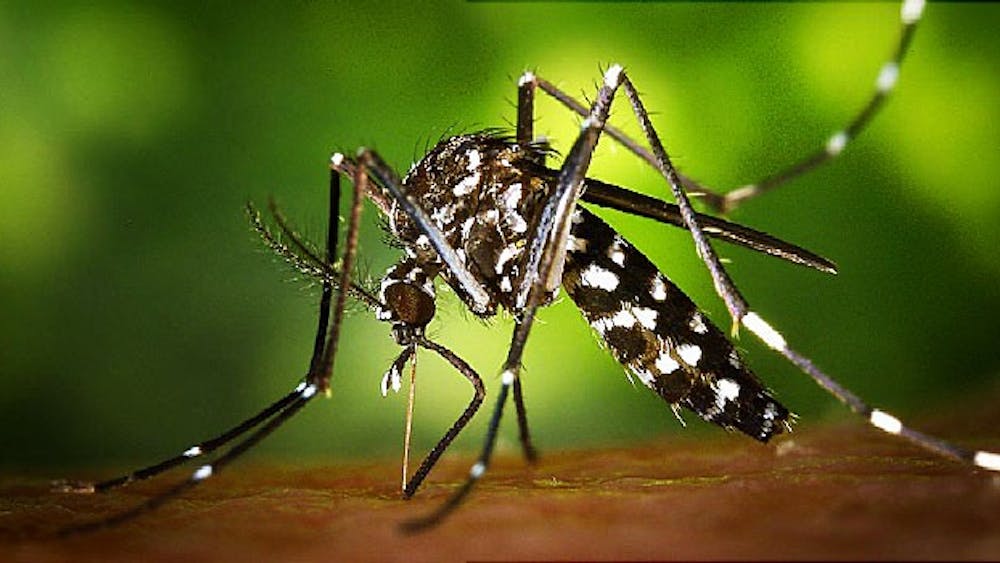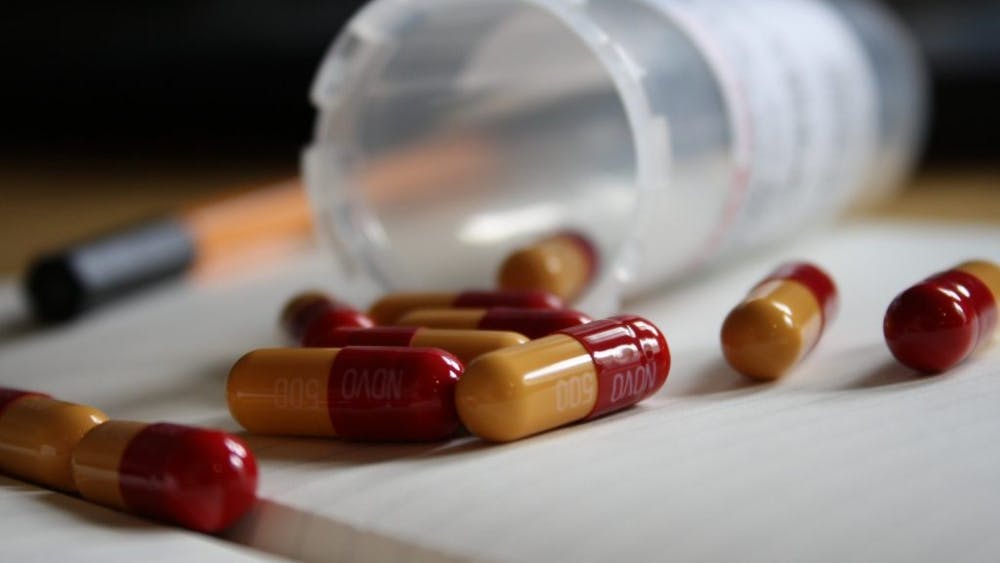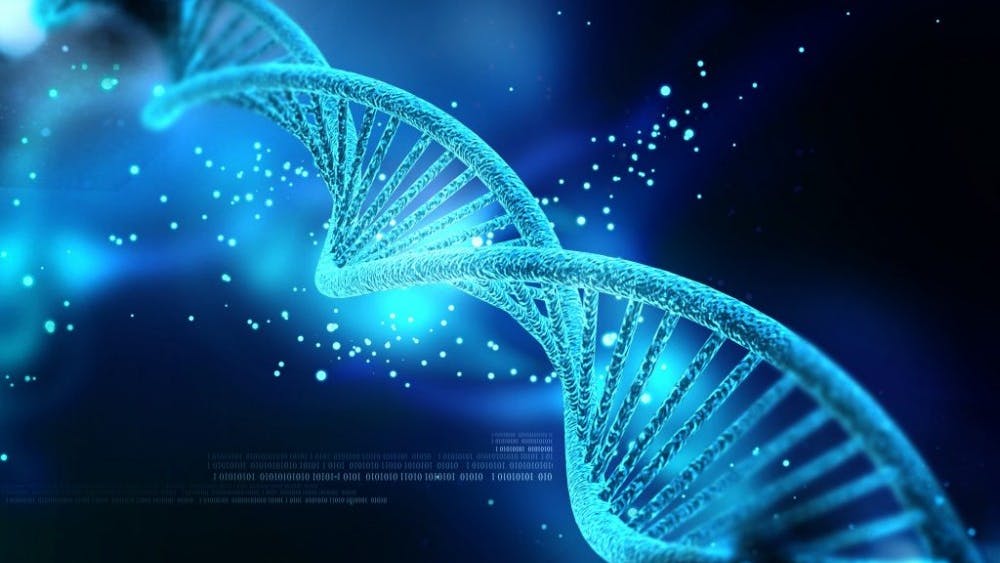Stem cells may be able to regenerate any tissue
By CINDY JIANG | April 20, 2017The field of stem cell research is an area rich with discovery and hopes, especially within the past decade. The use of stem cells has demonstrated exponential growth in its ability to provide solutions to various health issues, which include treatments for healing burns without scarring and stem cell implants for individuals with heart disease.


















